The two largest creditors of Mt. Gox, the now-defunct cryptocurrency exchange that got hacked in 2014 — leading to the loss of 850,000 BTC — have chosen an early lump sum payment option that will not require a selloff of their Bitcoin holdings.
The payment is scheduled for September 2023, CoinDesk reported Feb. 16.
While the option to wait for all Mt. Gox litigation to settle may offer higher payouts, it could take another 5-9 years, as per sources. Opting for the early payout will allow the creditors to receive their payments sooner and avoid any potential market impact that could result from a large-scale Bitcoin sell-off.
According to sources, the two largest creditors of Mt. Gox, the cryptocurrency exchange that collapsed due to a hack nearly a decade ago, have chosen to receive their bankruptcy recovery in mostly bitcoin (BTC).
These creditors, Bitcoinica, a now-defunct New Zealand-based crypto exchange, and MtGox Investment Funds (MGIF), which collectively account for about one-fifth of all Mt. Gox claims, will receive 90% of their recoverable funds, which are estimated to be around 21% of their original holdings on the platform at the time of the hack.
In 2014, hackers stole 850,000 BTC, valued at $460 million at the time. Following the hack, Mt. Gox was left with roughly 142,000 BTC, 143,000 bitcoin cash (BCH), and 69 billion Japanese yen.
According to CoinDesk sources, creditors who choose the lump sum option can elect to receive their payment in a mix of BTC, BCH, and yen, or they can ask for the entire amount to be given in fiat. By selecting the early payment, Bitcoinica and MGIF have also decided to receive the crypto option, which means that the majority of their payout will be in BTC.
If creditors decline the early lump sum payout, their only other recourse is to wait for the conclusion of civil rehabilitation litigation, which includes a lawsuit by CoinLab against Mt. Gox’s estate. While this option may yield a slightly higher recovery, creditors have no guarantee that it won’t be potentially lower than the 90% of recoverable holdings guaranteed by the lump sum payout.
Additionally, a legal analysis by a Japanese law firm indicated that holdouts could wait many years for their money to be returned.
Creditors must decide by March 10, 2023, whether to accept the offered early lump sum or continue to wait for a potentially larger payout at an unspecified time in the future.
With the expected reimbursement now likely only months away, analysts worry that a major sell-off of Bitcoin could follow.
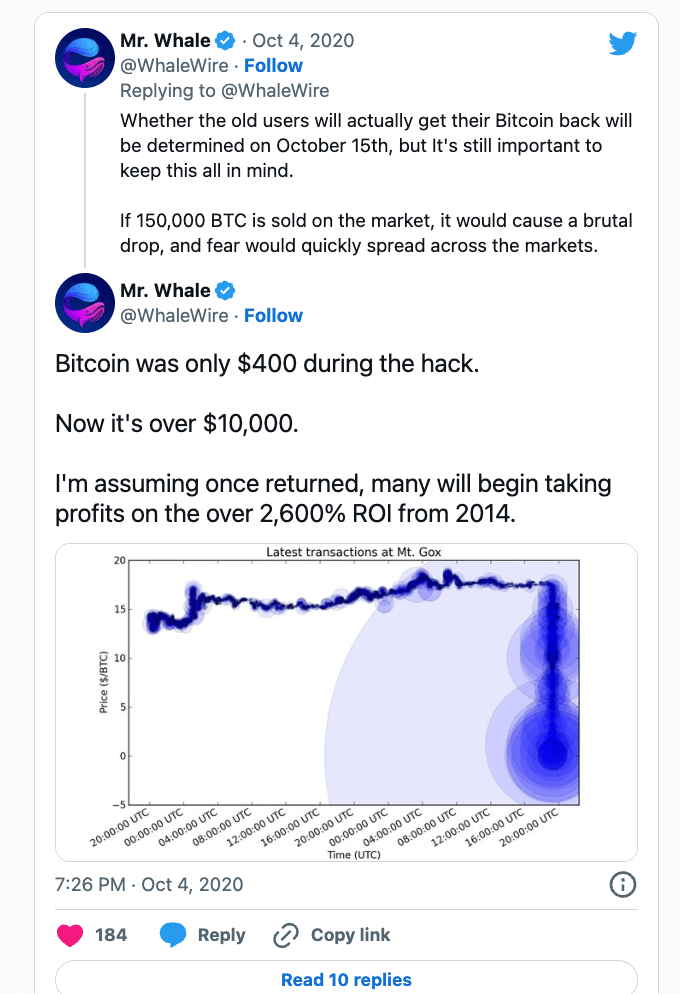


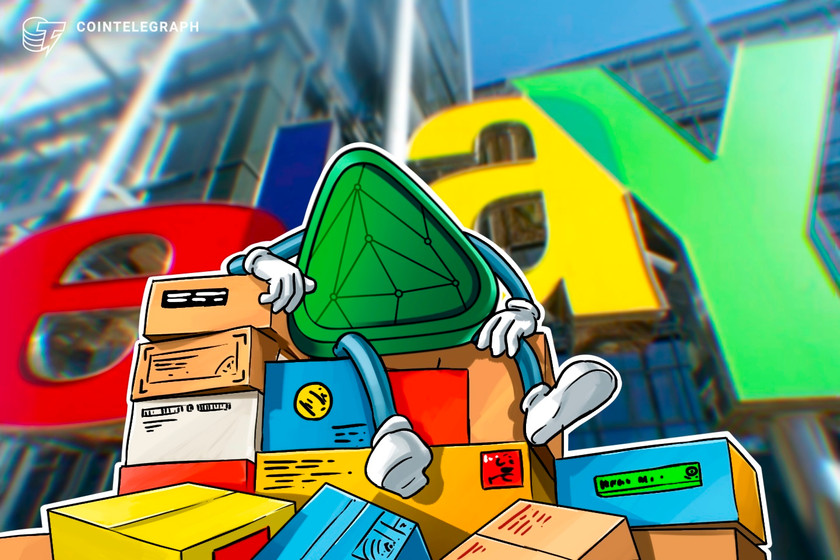
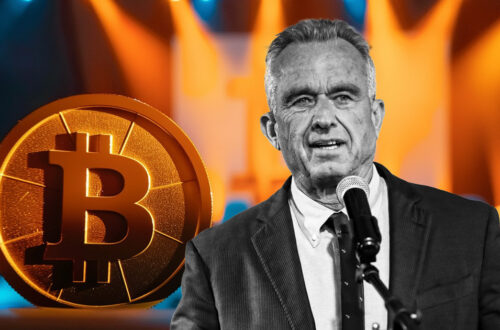
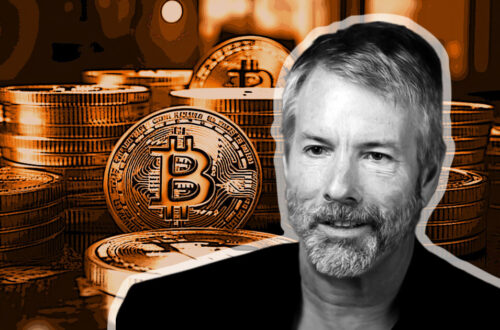
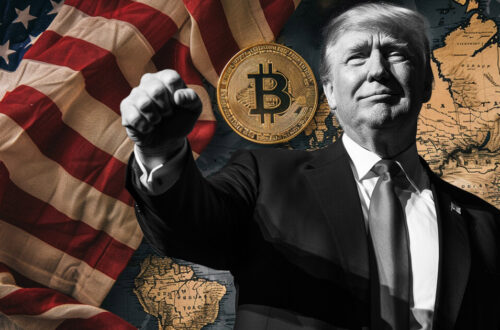
Can you be more specific about the content of your article? After reading it, I still have some doubts. Hope you can help me.